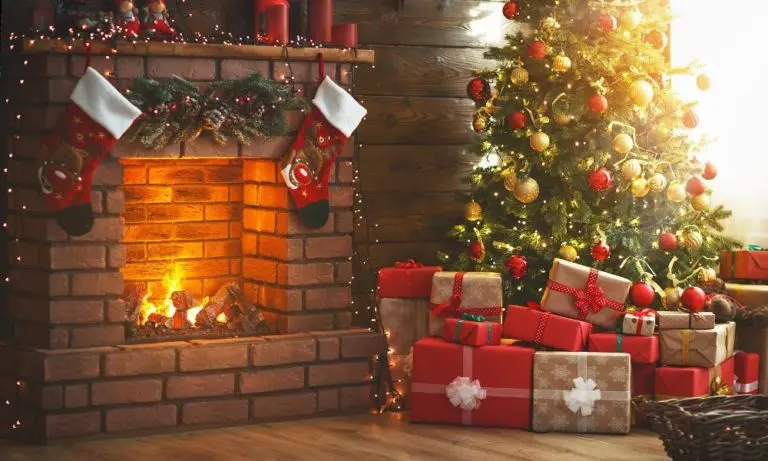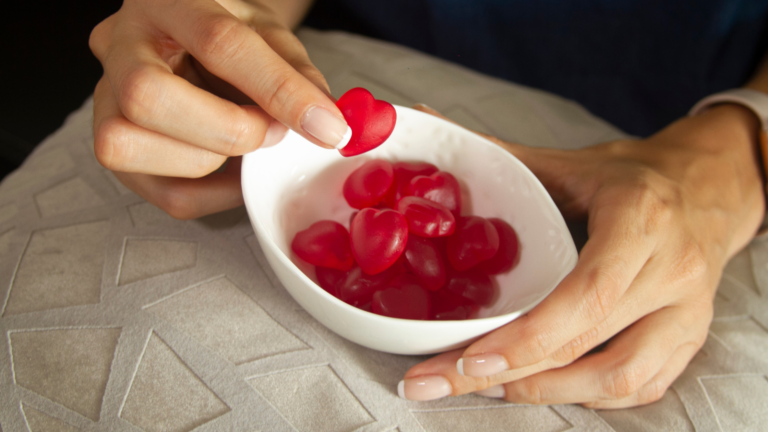The Best Option for Outdoor Kitchen Countertops

A well-designed outdoor kitchen involves planning everything from the layout to the materials used. Consider factors such as color and finish options, durability outdoors, and maintenance when choosing the countertop material for your outdoor kitchen. Check out some of the popular countertop materials for outdoor kitchens to make your choice easier.
Marble
Besides indoor counters, you can also use marble outdoor kitchens. However, if exposed to the outdoor elements, the end will wear away over time and require resealing every few years.
When you do not want to maintain marble countertops, but still want to use them, you can depend on the rain to remove stains. Although weathered, it can remain a workable and attractive countertop surface even if you limit your maintenance.
Quartzite
Quartzite is a popular choice for the countertops used indoors, but being man-made, it does not hold up well outside. When exposed to the elements, its resin can turn yellow over time. A quartzite alternative may be a good option, as it is like granite and resembles marble, but with all the advantages.
With quartzite, you will not have any problems with fading or discoloration. All you need is to be extra careful when placing hot pans and pots on the countertop surface because they can stain. You can seal quartzite to maintain its durability.
Soapstone
A soapstone slab is non-porous, unlike concrete. It does not require sealing against stains. Without regular cleaning, dark stone countertops can become even darker. All you need is mild soap and water.
Maintaining a dark and beautiful shine by regularly applying oil will protect and enhance its appearance. Noticeable scratches or nicks can be removed easily using sandpaper. Its dark nature makes it highly resistant to heat, cold, and weather effects.
Concrete
You can mold concrete into almost any shape, which drives its durability and versatility. Though it has a natural design appearance, you can also adorn these countertops with colored stains or tiles. It is durable and, therefore, can withstand both hot and cold temperatures.
Concrete requires regular sealing because of its porous nature; this prevents mold growth and staining. Concrete can also fade and yellow in the sunlight, so we suggest keeping it undercover or in the shade when not in use.
Porcelain Countertops & Ultra-Compact Surfaces
Porcelain countertops provide long-term durability and are low maintenance. These features make them suitable for outdoor use. Unlike granite and marble, porcelain is not susceptible to etching or staining. Except for the use of ceramic knives on it, it is very scratch-resistant. Therefore, it is advisable to stop using knives on them. Although chips can occur, they are rare and any repairs will be visible.
A dekton countertop is more durable than a porcelain countertop. A substrate derived from dekton can be compacted to tiny sizes. This countertop material includes porcelain, glass, and quartz for added durability. Both porcelain and dekton have the disadvantage of complexity in fabrication and installation, as it is difficult to find a fabricator.
The Bottom Line
Adding an outdoor kitchen to your home is a great idea, and choosing a durable countertop material is essential. Many countertop materials work well outdoors. Quartzite, granite, concrete, and porcelain are just a few of the materials available. However, there are a few countertops that do not belong indoors.
To make the right choice, consider your design desires, your climate, overall outdoor kitchen structure, availability of shade, and the time and effort you are willing to expend on maintenance.








